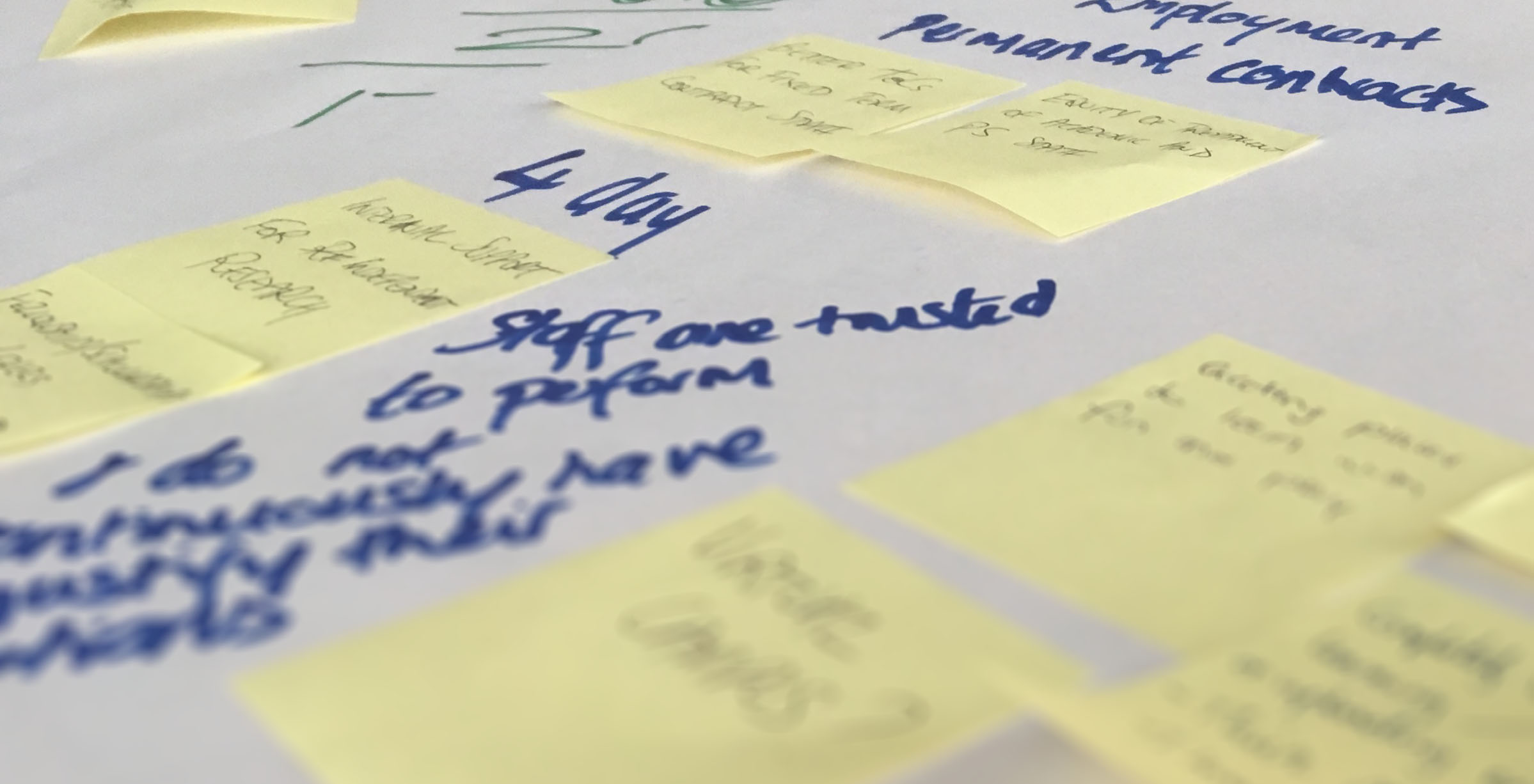
Research areas
Principles of managing projects
There are certain fundamental principles that matter in delivering projects effectively. Founding members of the group have created many of the threshold concepts in the field, including the ‘iron triangle’ of project performance by Martin Barnes. We continue to develop principles and metrics for managing projects more effectively.
Some of the key outputs include the latest seventh edition of the Institution of Civil Engineers Civil Engineering Procedure and the ninth edition of Ferry and Brandon’s Cost Planning of Buildings, published by Wiley Blackwell.
The Group is also undertaking research into understanding and developing tools to manage project complexity. For reference, see a recent bibliometric analysis of research into project complexity published in the Project Management Journal.

People and professional practice
People lie at the heart of any project delivery. We have undertaken research into understanding the skills required to manage complex projects, and the effects of professional development on delivering project success. Complex projects often require project managers to bring together people from different knowledge domains to collaborate effectively.
We have also recently undertaken a research project funded by the Project Management Institute into Evolutionary Learning in Strategy-Project Systems to identify the theories and practices of codifying individual knowledge and putting it into practice within a context that values social relationships and networks.
Another emerging strand of research lies in understanding and developing tools to support the health, safety and wellbeing of those working in project-based environments. Through the Thomas Ashton Institute at Manchester, we are embarking on a number of projects that seek to develop intelligence on leading indicators of safety performance and information models that capture safety risk registers. We are also benchmarking the wellbeing levels of project professionals, and identifying factors that can improve their wellbeing levels with the Association for Project Management (APM).
Furthermore, we have worked collaboratively with a team of academic and industry organisations on an EPSRC-funded project to develop a web-based application to support design for occupational safety and health in the construction sector.

Product-service systems
Organisations are increasingly paying attention to the business models within/to which projects are delivered. A business model helps articulate the value propositions an organisation offers with their products and services, and influences customer relationships, cost structures and revenue streams.
There is also growing awareness of the need to think about life after the project is delivered. The Group undertakes research to examine how business model innovation influences and is influenced by the management of projects. We have, for instance, recently completed an EPSRC-funded study on servitisation of the construction industry: the move from a product-dominant logic to service-dominant logic is driving organisations to think through-life and find new ways of creating value through data analytics and sensor technologies.
Thinking through-life also means paying more attention to the end of the project life. We are also studying decommissioning in the UK nuclear energy sector, including a project that examines how the Nuclear Decommissioning Authority accesses technological innovation across the supply chain, and how social value is delivered.

Political economy
The management of projects is conditioned by wider institutional arrangements and political frameworks. Governments also play a significant role. Our group is playing a key part in Project X, a multi-institutional, cross-Government initiative in driving better government projects in the UK through the promotion of world-class research and evidence-based thinking.
We also recently completed a systematic review of the evidence on the value of project management on productivity, a renewed concern in the context of delivering the UK industrial strategy. The group also undertakes research on legal issues surrounding the management of projects.
For instance, a recent paper on how construction arbitrators make decisions was awarded the Society of Construction Arbitrators’ Norman Royce Prize in 2017. This paper was developed during time spent on a secondment in Dubai, funded by The Worshipful Company of Arbitrators and followed other publications in leading journals, eg. International Building Law Review.

Pedagogical practices
The Group also delivers education to one of the largest cohorts of postgraduate programmes in the management of projects. We are therefore also concerned about pedagogical research relating to the management of projects, especially on student engagement in large classes.
We have recently published on the use of serious games and simulation, as well as the use of art to encourage students to think about creating sustainable futures. Another strand of pedagogical research lies in the teaching and learning of research ethics, as well as ways to minimise academic malpractice such as ghostwriting.

Opportunities
Explore the options for research in Management of Projects and how to apply.
Meet the team
Details and contacts for our academic staff, post-docs and PhD researchers.

